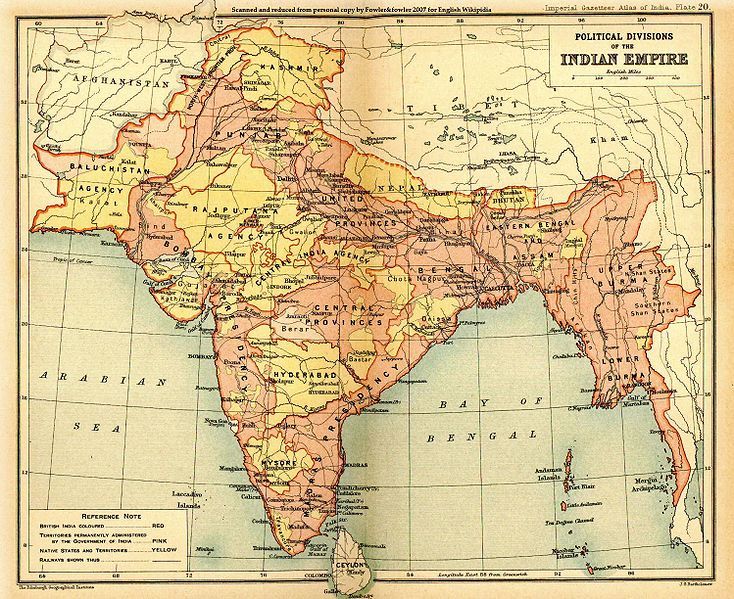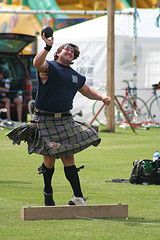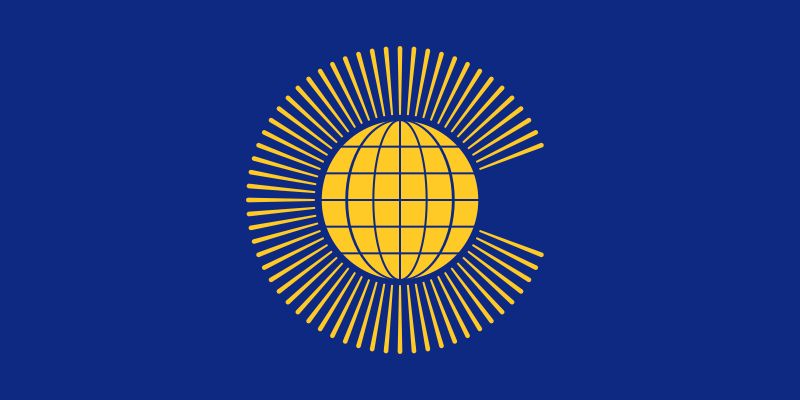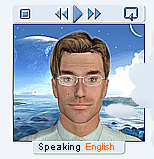From Africa to Asia: New destiny: India
Introduction
In this topic, we will have a quick look at the main points we will study in unit 3. So, we will learn some things about the Past Perfect Continuous and we will compare it with the Past Perfect Simple. We will also have a quick look at some common modal verbs used in English to express possibility, ability, probability and to give advice.
As far as syntax is concerned, we will review the reported speech and we will introduce some vocabulary related to asking for and giving directions. Finally, we will also work a little bit on the use of so and such (a/an) to say cause → effect sentences.
All this will be developed in units 2, 3, 4 and 5 so that you continue improving your English with us. Come on, let's begin recognizing the verb tenses mentioned!
New destiny: India
After a couple of weeks in Africa, Paco has already decided which his next destiny is: India. At this moment, he is waiting to check in at the airport and he is keeping himself entertained reading some information about this great country in a guide book he has bought for the occasion. Let's learn with him!
India is a country in the south of Asia which used to be part of the British Empire. It became independent and a member of the Commonwealth in 1947. It is now the world's largest democracy and the second most-populous country, with a population of approximately 900 million. The official languages are Hindi and English, though over 200 other languages are spoken in different parts of the country. Officially, India is a republic made up of 28 States and 7 Union Territories. The capital city is New Delhi.
 |
| By unknown. Public domain |
Britain became involved in India in the 17th century with the East India Company. The British government took control of India after the Indian Mutiny, appointing a Viceroy as its ruler. A movement for independence began at this time, when the Indian National Congress Party (later the Congress Party) was formed in 1885. In the early 20th century, the leading figure in the movement for independence was Mahatma Gandhi, who led a campaign of peaceful protest against British rule (known as the "British Raj"). This led to India becoming independent in 1947, when it divided into two countries, India and Pakistan. Since then, many Indian and Pakistani people have emigrated to Britain.
India's economy depended heavily on agriculture, though since 1947 it has built up a considerable industrial base, including textile and jute industries. Moreover, economic reforms since 1991 have transformed the country into one of the fastest growing economies. However, it still suffers from high levels of poverty, illiteracy, disease, and malnutrition.
A pluralistic, multilingual, and multiethnic society, India is also home to a diversity of wildlife in a variety of protected habitats.
Verdadero Falso
Verdadero Falso
Verdadero Falso
The Commonwealth Games
 |
| By foxypar4. C. Commons |
The Commonwealth Games is a multi-sport event held every four years involving the elite athletes of the Commonwealth of Nations. Normally, 5,000 athletes attend these games, which are directed and controlled by the Commonwealth Games Federation.
A sporting competition bringing together the members of the British Empire was first proposed by the Reverend Astley Cooper in 1891 when he wrote an article in The Times suggesting a "Pan-Britannic-Pan-Anglican Contest and Festival every four years as a means of increasing the goodwill and good understanding of the British Empire".
In 1911, the Festival of the Empire was held in London to celebrate the coronation of King George V. As part of the festival an Inter-Empire Championships was held in which teams from Australia, Canada, South Africa and the United Kingdom competed in events such as boxing, wrestling, swimming and athletics.
In 1928, Melville Marks Robinson of Canada was asked to organise the first ever British Empire Games. These were held in Hamilton, Ontario two years later. The name changed to British Empire and Commonwealth Games in 1954, to British Commonwealth Games in 1970 and assumed the current name of the Commonwealth Games in 1978.
The last Games were held in Melbourne, Australia, in 2006. The following ones will be held in 2010, in Delhi, India! And Glasgow, Scotland, in 2014!

